Chinese-made COVID-19 vaccines have come under scrutiny after regulators approved the first one for general use on Dec. 31 last year. Several Chinese pharmaceutical companies are still conducting clinical trials for their products.
A contraindication is a symptom or condition that makes treatment risky and potentially inadvisable.
The Beijing Center for Disease Control and Prevention recently issued a notice specifically for CoronaVac, a new vaccine manufactured by state-run drugmaker Sinovac Biotech. This notice was not broadly disseminated by the central government.
The Sinovac notice was a comprehensive list of contraindications or medical disclaimers for its COVID-19 vaccine, warning people with certain health conditions to take precautions.
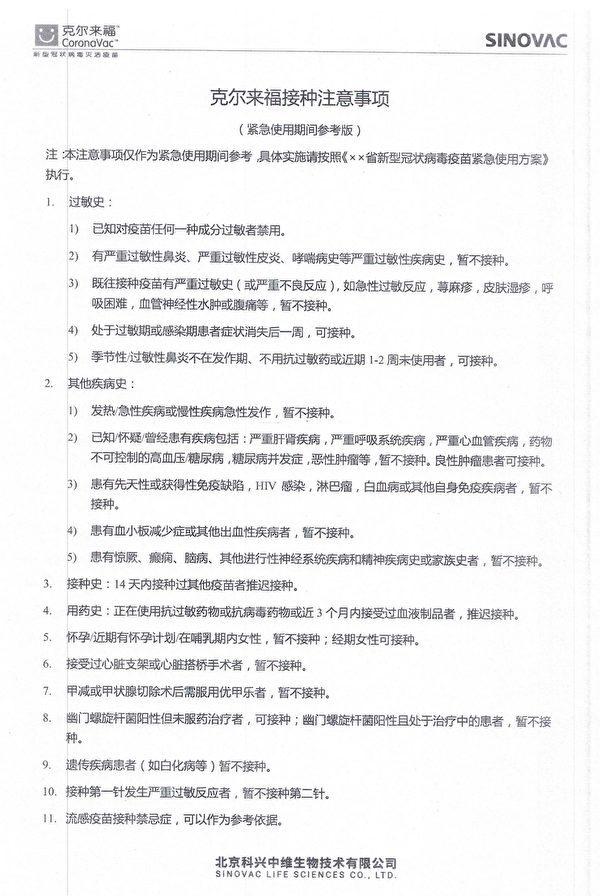
It advised that people who have a prior history of allergies, rhinitis, dermatitis, asthma, and other severe diseases should not take the vaccine. Severe adverse reactions to the vaccine include abdominal pain, skin eczema, urticaria, dyspnea, and angioedema.
The company also cautions those who have autoimmune diseases, bleeding disorders, progressive neurological diseases, and mental illness from taking the vaccine.
People who have undergone heart stent or bypass surgery; received any other vaccines within 14 days; or taken anti-allergic or antiviral drugs within the past three months are also advised not to take the vaccine.
Chinese authorities have approved the use of COVID-19 vaccines since July 2020 before they went through the last stage of clinical trials.
The Brazilian government made a deal to purchase up to 100 million doses of CoronaVac.
As the potential health risks were only recently publicized in China, it is unclear whether Chinese citizens who took the vaccine fully learned about the contraindications beforehand.
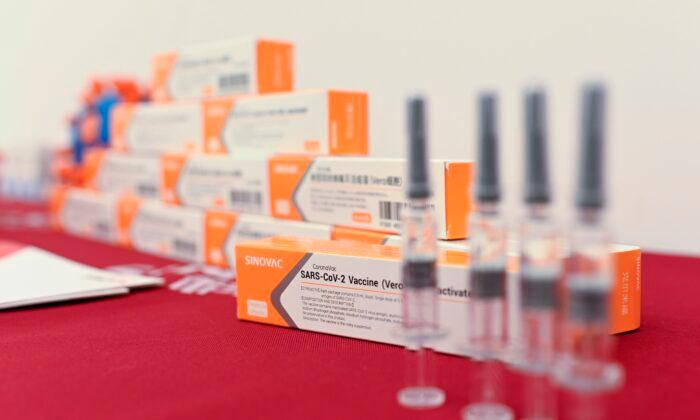

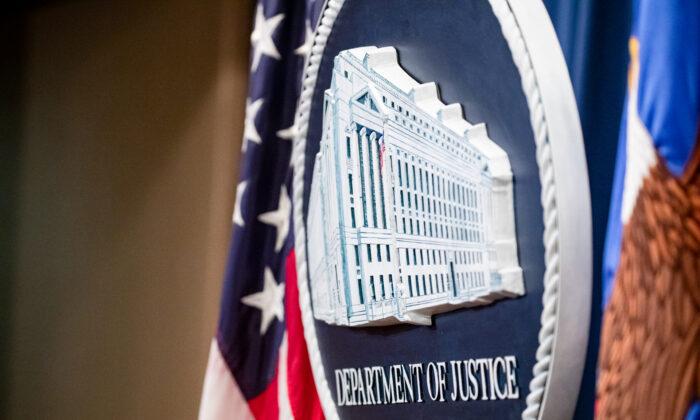

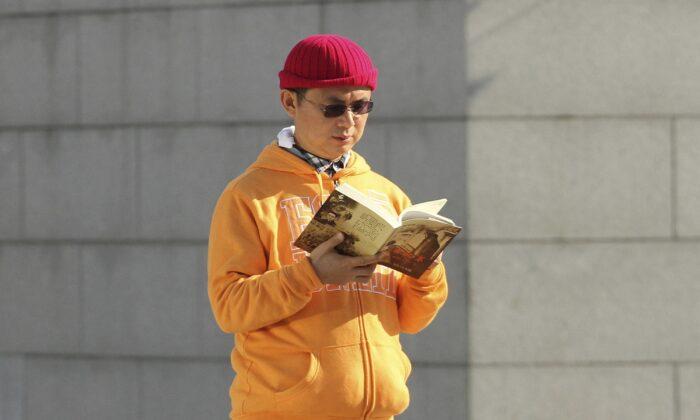
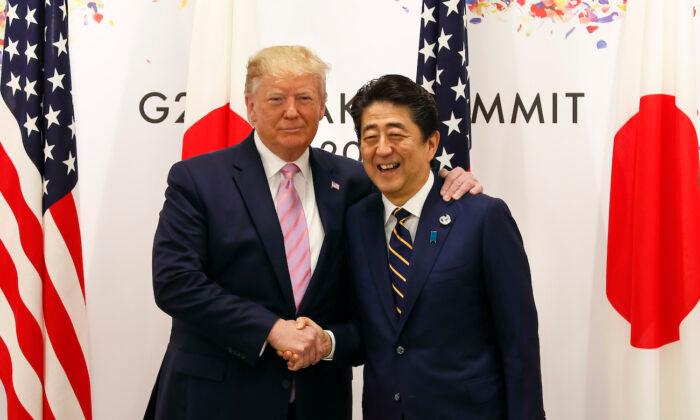
Friends Read Free